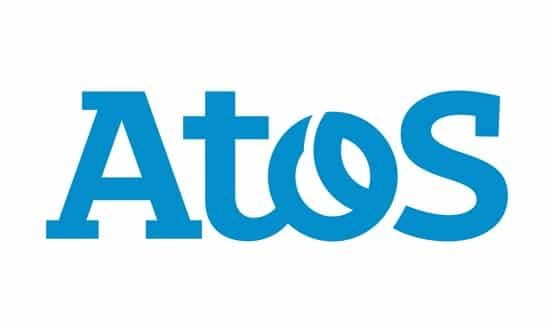MP “looking into” how NAO report was drafted
- 30 November 2006
Commons Public Accounts Committee member and outspoken scrutiniser of the National Programme for IT, Richard Bacon MP, says he is trying to find out what happened during the drafting process of the controversial National Audit Office (NAO) report on the programme.
The late-running report was published in June and made no comment on delays in the NHS Care Records Service.
When the Public Accounts Committee met in July to discuss the report, its chair, Edward Leigh, said that he had been told that Connecting for Health (CfH) had fought the NAO over its report “street by street and block by block”.
Sir John Bourn, head of the NAO replied: “I don’t see it as a battle.” He added that robust debate with CfH, the examined body, was a natural part of the process: “Of course one side argued with the other.”
Greg Clarke, committee member and Conservative MP, said of the report: “I’ve read 62 NAO reports over the past year and this is easily the most gushing.”
Speaking to a meeting of the IT trade association, Intellect, Bacon, who is Conservative MP for South Norfolk, said: “I have been spending a little while trying to find out what happened. We will be coming up with a report in due course.”
He said papers obtained under the Freedom of Information Act by the Sunday Times, Computer Weekly and the BBC’s World at One showed that earlier drafts were more critical.
During his speech to Intellect he criticised the programme for its “high speed contract letting” done without seeking the views of clinicians and before understanding what the government wanted to buy.
“Patient systems are being put into acute hospitals before they are ready, in a way that damages trust locally,” he said.
Bacon also challenged the idea of making records available all over the country. “Of course everyone can see tremendous benefits if you are run over by a bus in Cornwall, but I do not see that any assessment has been made of the cost versus the benefit.”
Costs to confidentiality could be high too, he said.
He concluded: “I can see no point in throwing rocks. I’d like to see an informed debate. My understanding of the role of IT can play in healthcare is that it can achieve the most extraordinary transformational change.”
“My question is how do we get from where we are to where we want to be?”
Related articles
Healthy optimism?
Criticisms of NHS IT programme were cut from NAO report




